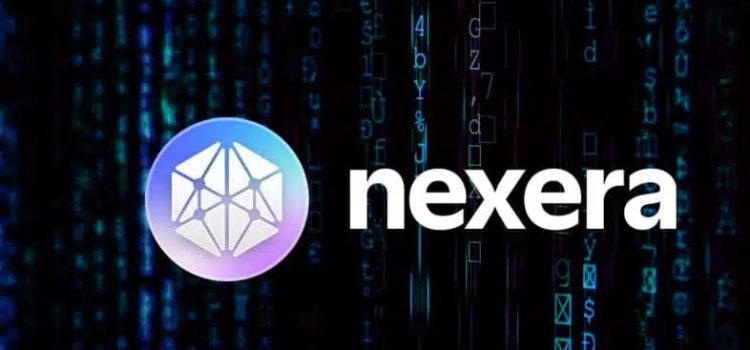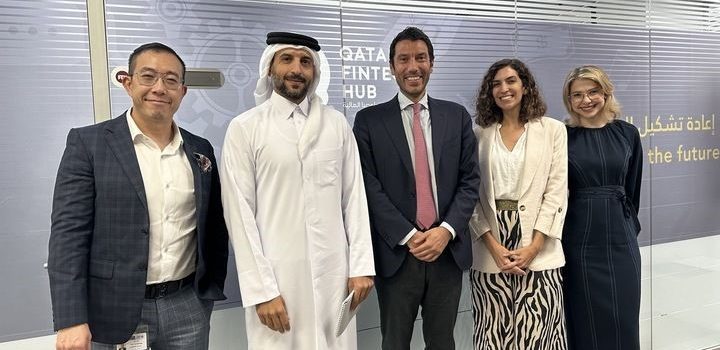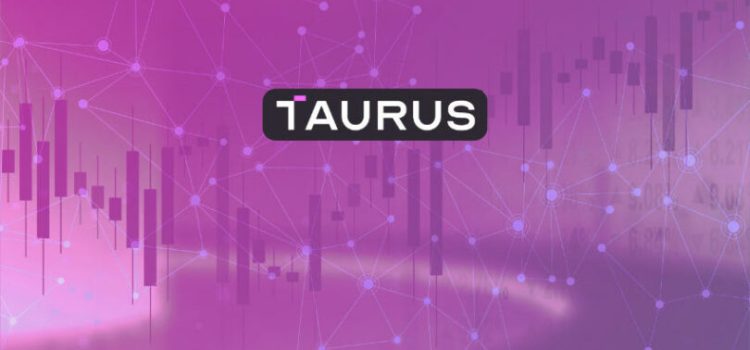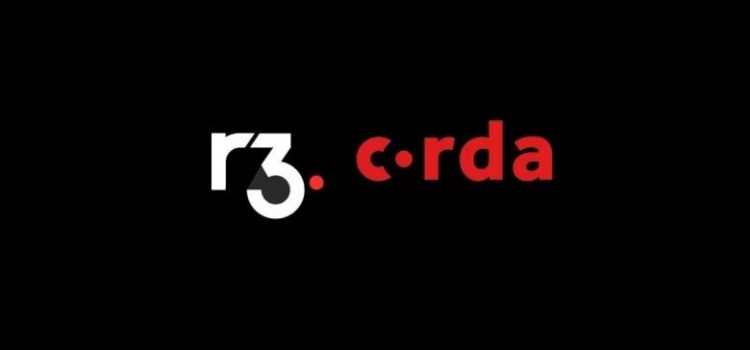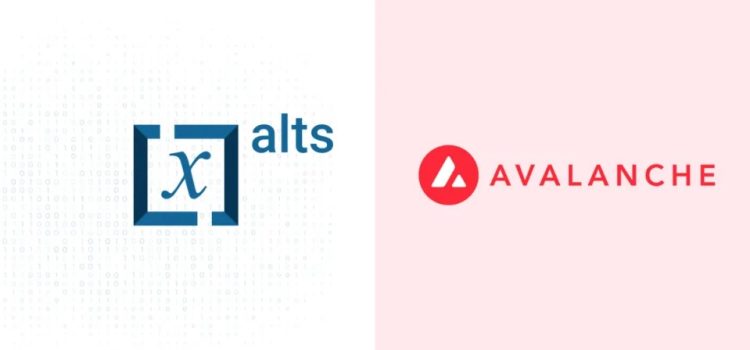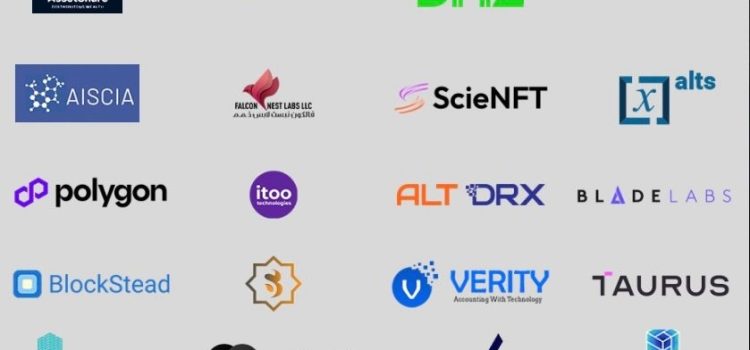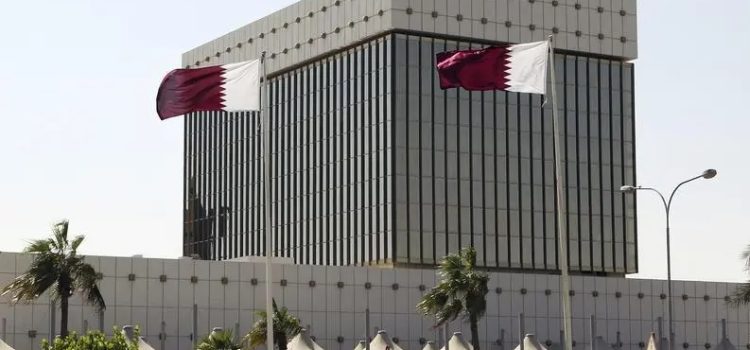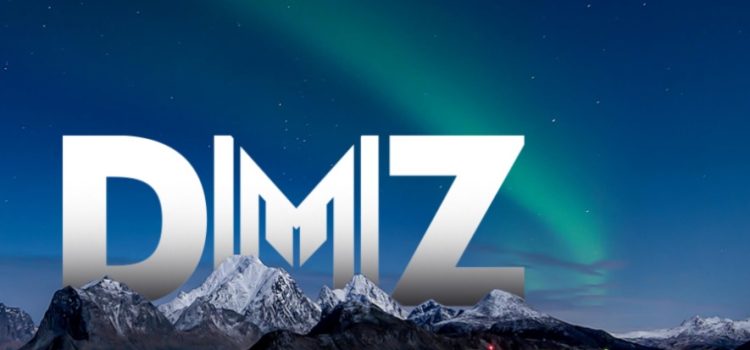Qatar just announced its digital assets or token regulations. The Central Bank of Qatar, Qatar Financial Authority, as well as the QFC regulatory authority released the regulations that would allow for tokenization of real world assets not including cryptocurrencies or stablecoins. This comes after Qatar had announced its DLT regulations, as well as launched its Digital Assets Lab. Throughout this time Qatar had always made it clear especially through QFC that this pertained to tokenization of real world assets for financial and investment purposes.
On Sunday October 29th, Qatar announced one of the biggest digital assets initiatives in the country and the GCC region, the Qatar Innovation Dome for digital assets. The digital asset lab was aimed to develop tokenization platforms and ecosystems for everything that has value whether tangible assets or intangible assets including real estate assets, securities, Sukuk, bonds and others in the future utilizing DLT ( distributed ledger technologies), blockchain, and smart contracts.
Today the digital asset token regulations has provided the framework to implement this.
The regulations cover all activities related to permitted tokens
As per the framework the regulations apply to tokens meeting the criteria specified which are under permitted tokens. It also covers transactions involving permitted tokens, and the provisioning of these token services. It also covers token custodians, and token exchanges, token transfer providers, token validators as well as token issuers which they call token generators.
Token custody services means the service of holding or controlling tokens on behalf of clients; or holding or controlling the means by which clients’ tokens may be recorded and transacted on token infrastructure. A company that holds or safeguards the private keys for its clients’ tokens is providing custody services in relation to those tokens. An entity licensed to provide token custody services may be referred to as a token custodian.
Qatar regulations also discussed Operating a token exchange which means operating a system which brings together multiple third party buying and selling interests in tokens, in accordance with the system’s non-discretionary rules, in a way that results in a contract in respect of the tokens. As per the regulation a token exchange which operates a facility which is merely an order routing system where buying and selling interests in, or orders for, tokens are merely transmitted but do not interact is not operating a token exchange.
Token is defined as digital representation of real property or rights
As per the regulation a token means a unique electronic data unit that is cryptographically secured. It is a digital representation of real or personal property rights including contractual rights and is capable of being issued, transferred or stored using DLT ( Distributed Ledger technology) or other similar technology.
DLT or blockchain technology will be used to transfer and store the permitted token.
Crypto and stablecoins not included in Digital asset regulation
The new digital asset regulations however are very clear on what they considered as not permitted tokens. In short, non permitted tokens are tokens that do not represent a right in a property. As such cryptocurrencies, and stablecoins are considered not permitted or excluded tokens from this regulation.
As noted in the regulation “ Excluded tokens include a currency that can otherwise be used as a means of payment. Examples: A cryptocurrency token that is used as an alternative to fiat currencies but is not issued or backed by any governmental authority and does not represent any ‘off-chain’ property, is an example of an excluded token.”
It goes on to add, “ A token commonly referred to as a stablecoin, is an example of an excluded token. This is because a stablecoin is regarded as a substitute for currency that can be used as a means of payment.”
Accepted tokens include for example a token representing a right to a commodity, such as a precious metal.
Investment tokens included in regulation
The regulation also allows investment tokens under what it calls tokenized schemes or token investing schemes or tokenized funds.
As per the regulations, “ A QFC scheme, or a sub scheme of a QFC umbrella scheme, is a tokenized scheme if any of the units in the scheme or sub scheme are investment tokens. A QFC scheme, or a sub scheme of a QFC umbrella scheme, is a token investing scheme if the scheme’s, or sub scheme’s, constitutional document states that it is an object of the scheme to invest in tokens.”
The regulation notes that tokenized investment schemes could cover Islamic funds, money market funds, feeder funds or property fund schemes.
In addition the regulation discusses tokenized investment funds and notes that, “ a professional investor fund is a tokenized fund if any of the units in the fund are investment tokens; a token investing fund if the fund’s constitutional document states that it is an object of the fund to invest in tokens.
H.E. Sheikh Bandar bin Mohammed bin Saoud Al Thani, Qatar Central Bank Governor, stated, “Launching the 2024 Digital Assets Regulations marks a significant milestone in our journey towards realizing the Third Financial Sector Strategy.” He noted that this framework will create significant opportunities and support establishing a robust regulatory environment within the financial sector. This will support Qatar’s digital transformation goals, in line with the Third National Development Strategy, the final phase of the Qatar National Vision 2030.
Yousuf Mohamed Al-Jaida, Chief Executive Officer, QFC, added “The introduction of the Digital Assets Framework 2024 underscores our commitment to creating a robust regulatory regime aligned with international best practices. We are proud to set a blueprint for developing, applying, and operating digital assets, that promotes market trust and confidence. We anticipate that this regulatory clarity will attract both domestic and international players, boosting Qatar’s financial services sector competitiveness.”









